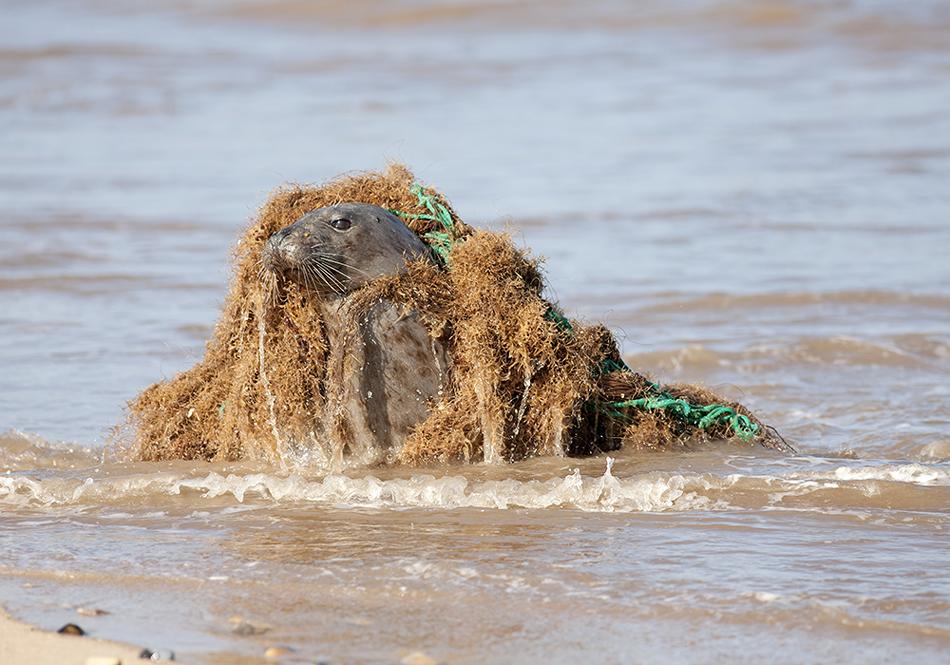
Defra (Department for Environment, Food and Rural Affairs) has launched new guidance for visitors on how act responsibly around marine life when you visit the coast. Jane Maddocks, BSAC National Diving Committee member and environment advisor explains.
The guidance is called the Marine and coastal wildlife code. Bookmark the code and refer to it whenever you visit the coast or plan to interact with wildlife.
As divers most of us act pretty responsibly anyway, but the code makes some really helpful points.
The whole code is interesting, with useful information, but there are sections that I think are really worth looking at in detail:
- Being aware of how you could disturb wildlife
- Recognising when you are disturbing wildlife
- Using boats, jet skis and watercraft responsibly
- Reporting wildlife crime
- Reporting injured, distressed, or dead animals
- Enjoying water activities - just as a reminder about good diving practice
The code also has links to other organisations who may have more specific and detailed codes of behaviour centring around marine life.
It is written for the general public, so as well as diving-related information it could be useful the next time you want to have a picnic on the beach, or watch a walrus or seals hauled out on beaches.
The section on reporting sick animals is really useful, especially the warnings about not touching sick or dead animals and birds as this is a disease transmission route.
The contact numbers for different organisations are useful, and perhaps could go into the Dive Manager’s pack, for example, young seal pups may be left unattended for a while-people get distressed-and a quick phone call to the right contacts can be reassuring that mum has just gone to get food and will be back soon.
The code is a reminder of what we should be aware of, and worth reading and publicising.
Protect our seas
Learn more on protecting our seas and make sure you read the Marine and coastal wildlife code.

 Author: Jane Maddocks | Posted 24 May 2023
Author: Jane Maddocks | Posted 24 May 2023



